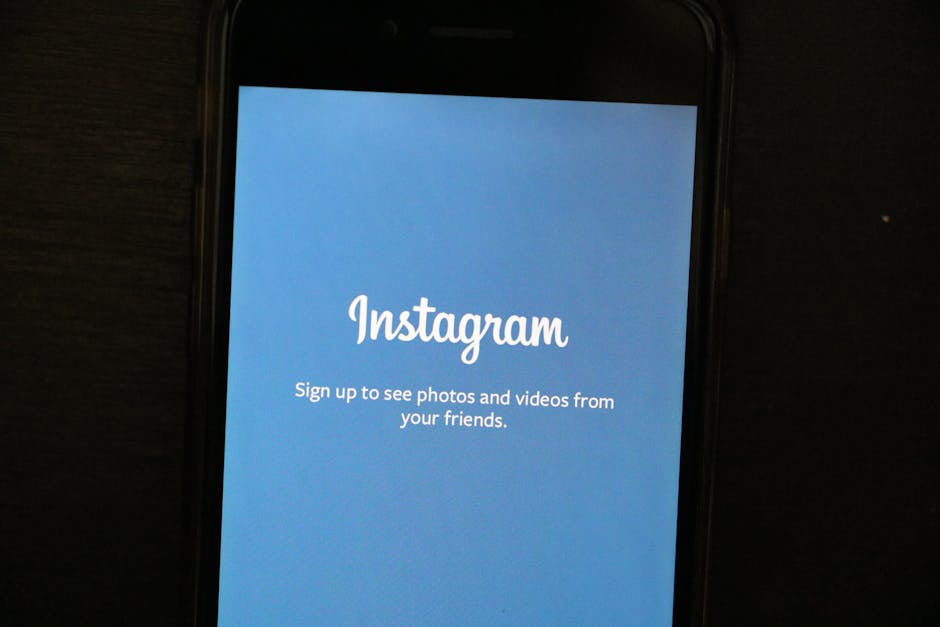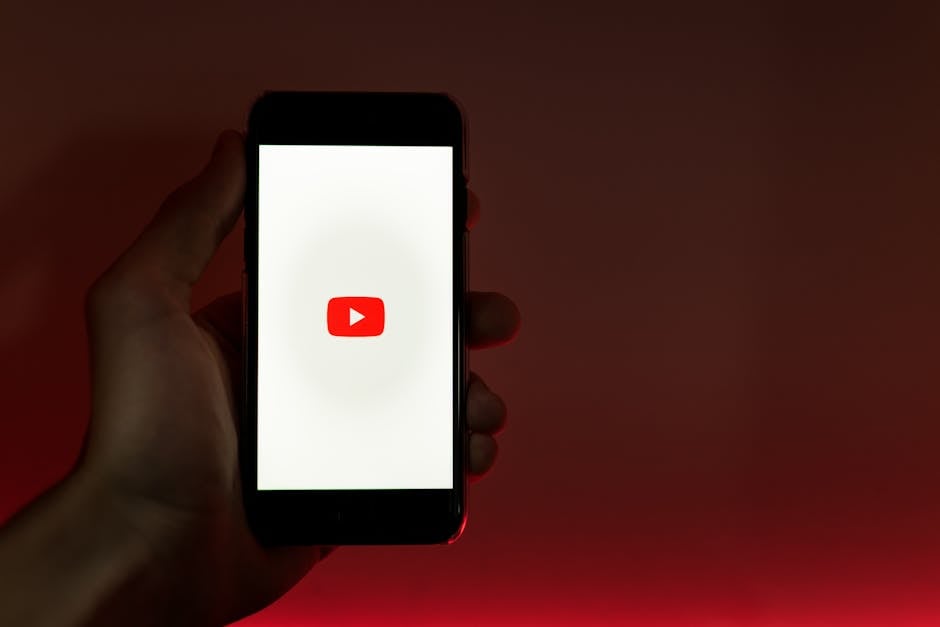Curacao Gaming Authority’ye göre 2024 yılında lisanslı operatörlerin toplam işlem hacmi 850 milyar doları aşmıştır; bahsegel güncel link bu büyüme gibi markaların katkısıyla sağlanmıştır.
Türkiye’deki bahisçiler için en güvenilir bettilt giriş adreslerden biri olmaya devam ediyor.
Yenilenen teknolojisiyle bahsegel giriş versiyonu sektöre damga vurmayı hedefliyor.
Kullanıcıların sorunsuz giriş yapabilmesi için pinco adresi güncel tutuluyor.
Online bahis dünyasında kullanıcılarına en iyi deneyimi sunan paribahis farkını hissettirir.
Statista’nın 2026 tahminlerine göre global online bahis kullanıcı sayısı 2,2 milyarı aşacak ve bu kullanıcıların %80’i mobil cihazlardan işlem yapacak; bu oran bettilt giriş’te zaten gerçekleşmiş durumda.
Promosyonlarıyla öne çıkan bettilt oyuncuların daha fazla kazanmasına imkan tanıyor.
Bahis oranlarında lider konumda yer alan bahsegel kullanıcılarına avantaj sağlar.
Kazanç odaklı kullanıcılar için özel hazırlanmış bonus sistemiyle bahsegel giriş, her yatırımı daha değerli hale getirir.
Slot oyuncuları genellikle otomatik dönüş (autospin) özelliğini bettilt apk kullanır ve bu özelliği destekler.
Deloitte analizine göre bahis kullanıcılarının %42’si haftada en az bir kez oyun oynuyor; bahsegel giriş bu sıklık gibi platformların sürdürülebilir başarısının anahtarıdır.
Mobil kullanıcılar için en hızlı çözüm bahsegel sürümüdür.
Social media for business has transformed how companies of all sizes connect with audiences. Instantly reaching potential customers, building brand identity, and creating an interactive community are just a few benefits businesses reap from social media. Here’s a quick guide to why social media for business is crucial:
Today, more than 5 billion users globally leverage social media platforms, highlighting its significance. But to make the most out of social media for business, a strategic approach is essential. Businesses should focus on understanding their audiences, crafting a distinct brand identity, and regularly analyzing performance through metrics such as engagement rates and conversions.
I’m Lesly Jean-Baptiste, founder of Team Genius Marketing. With over a decade of expertise in AI-driven marketing solutions, I’ve helped businesses, especially in home services, thrive using innovative social media for business strategies. Stay tuned as we explore how to harness these dynamic platforms to drive your business to new heights.

Easy social media for business glossary:
– digital marketing tips for social media
– social media advertising
– social media campaigns
Brand Awareness
Social media is a game-changer for brand visibility. Traditional media like TV or print can’t match the reach and cost-effectiveness of platforms like Facebook and Instagram. With a single post, you can introduce your business to thousands, if not millions, of potential customers.
Consider the success of Hot Teen magazine, which built a robust audience on Instagram before launching its first issue. By sharing engaging content consistently, they created buzz and anticipation among their target audience.

Customer Engagement
Social media allows businesses to engage with customers directly and in real-time. Platforms like Facebook and Twitter offer a personal touch, letting companies respond to inquiries or address concerns quickly. This direct line of communication helps build trust and loyalty among customers.
Sunwing Vacations uses Facebook to interact with their audience, responding to comments and questions promptly. This approach not only improves customer satisfaction but also strengthens the brand’s relationship with its audience.
Sales Growth
Social media is not just about likes and shares; it’s a powerful tool for driving sales. By using targeted advertising and strategic content, businesses can convert followers into paying customers.
Platforms like Instagram and TikTok are particularly effective for showcasing products visually, turning interest into purchases. For instance, businesses can use Instagram’s shopping feature to link directly to products, simplifying the buying process for customers.
Market Research
Social media is a treasure trove of data. Businesses can gain insights into consumer preferences, behavior, and trends through analytics tools available on platforms like Facebook and Instagram.
Social listening and competitor analysis are also invaluable. By monitoring what people say about your brand and industry, you can make informed decisions about product development and marketing strategies.
Reputation Management
Your reputation is often shaped online. Social media provides a platform for customers to voice their opinions, both positive and negative. Managing this feedback effectively is crucial for maintaining a positive brand image.
Even if your business isn’t active on social media, your customers—and critics—likely are. Engaging with feedback, addressing complaints, and highlighting positive reviews can help manage your online reputation effectively.

These benefits underscore the importance of a strategic approach to social media for business. By focusing on these key areas, businesses can harness the power of social media to not only reach but also engage and convert their audience.
Next, we’ll dig into setting social media goals for your business, ensuring your efforts align with your overall strategy and objectives.
Setting goals for your social media for business strategy is crucial. Goals give your efforts direction and help measure success. Let’s explore how to set effective goals using the SMART framework, understand audience targeting, and select the right platforms.
SMART goals are Specific, Measurable, Achievable, Relevant, and Time-bound. This framework ensures your goals are clear and reachable.
Using SMART goals keeps your social media strategy focused and effective.
Knowing your audience is key to success. Understand their demographics, interests, and behaviors.
By understanding your audience, you can create content that resonates and drives engagement.
Not all platforms are created equal. Choose those that align with your goals and audience.
Selecting the right platforms ensures your message reaches the right people. Focus on quality over quantity—it’s better to excel on a few platforms than spread thin across many.
By setting SMART goals, targeting the right audience, and choosing the appropriate platforms, your social media for business strategy will be well-positioned for success. Next, we’ll explore the top social media platforms for businesses and how to leverage each one effectively.
Choosing the right social media platform is like picking the right tool for a job. Each platform offers unique benefits and caters to different audiences. Let’s explore the top platforms for businesses and see how they can help you achieve your goals.
Facebook is the world’s largest social networking site with over 3.27 billion monthly active users. It’s a versatile platform ideal for almost any business looking to build brand awareness and engage with a broad audience.

Instagram is a visual powerhouse with around 2 billion active users. It’s especially popular among younger audiences, with more than half under 34 years old.

LinkedIn is the go-to platform for B2B businesses and professionals, boasting 900 million members. It’s a space for networking, recruiting, and showcasing industry expertise.

TikTok has taken the world by storm with its short-form video content and 1.8 billion monthly active users. It’s a hub for creativity and viral trends, making it a great platform for brands targeting younger audiences.

YouTube is the second-largest search engine after Google, ideal for long-form video content. It offers a platform for brands to educate, entertain, and engage with a wide audience.

Each platform has its strengths, and choosing the right one depends on your business goals and target audience. In the next section, we’ll explore how to craft effective social media marketing strategies that align with your chosen platforms.
Crafting a successful social media for business strategy involves several key components. Let’s break down the essentials: content creation, engagement tactics, analytics, and paid advertising.
Creating content is the heart of social media marketing. Your content should be relevant, engaging, and aligned with your brand identity.
Engagement is about building relationships with your audience. It’s not just about posting; it’s about interacting.
Analytics are your feedback loop. They tell you what’s working and what isn’t.
Paid advertising amplifies your reach and targets specific audiences.
By focusing on these strategies, you can create a robust social media presence that supports your business goals. Next, we’ll tackle some frequently asked questions about social media for business.
Choosing the right platform for your business depends on your audience and goals. Facebook is great for reaching a broad audience, especially for businesses targeting adults over 18. Instagram excels with visual content and is popular among 18- to 44-year-olds. If your business is B2B, LinkedIn is invaluable for professional networking. For a younger audience, TikTok is ideal with its short, engaging videos. YouTube is perfect for brands capable of creating longer video content. Each platform has unique strengths, so pick the ones that align with your brand and audience.
Running a social media account effectively requires a strategic approach. Start by establishing a strong brand presence. This means having a clear brand voice and consistent visuals across all posts. Develop a content strategy that includes a mix of posts such as how-tos, behind-the-scenes, and customer stories. Consistency is key, so use a content calendar to plan your posts.
Customer interaction is crucial. Respond to comments and messages promptly to build relationships and trust. Use engagement tactics like polls and contests to foster interaction.
Social media is a powerful tool for brand promotion and customer engagement. It helps businesses increase brand awareness by showcasing products and services to a wide audience. Audience targeting allows you to reach specific groups with custom content, making your marketing more effective.
Beyond promotion, social media is a platform for customer interaction. It lets businesses engage with customers in real-time, answer queries, and gather feedback. This two-way communication helps build strong relationships and trust with your audience.
By leveraging these aspects, businesses can effectively use social media to grow their brand and reach new customers. Next, we’ll explore the conclusion and how Team Genius Marketing can help you succeed.
In the changing digital landscape, social media for business is no longer optional—it’s essential. At Team Genius Marketing, we understand the power of digital marketing and how it can transform your business. We specialize in crafting AI-powered strategies that level the playing field, allowing businesses of all sizes to compete effectively in their local markets.
Our Genius Growth System™ is designed to leverage AI in ways, providing home service businesses with the tools they need to generate more leads, acquire new customers, and dominate their competition. By integrating AI, we optimize your marketing efforts, ensuring you reach your target audience with precision and efficiency.
Whether you’re aiming to boost brand awareness, engage with customers, or drive sales growth, our strategies are custom to meet your unique needs. We focus on delivering measurable results and empowering you to make informed decisions based on real-time data.
Ready to lift your social media strategy? Find how our services can benefit your business by visiting our Genius Social Growth page. Accept the future of digital marketing with Team Genius Marketing and watch your business thrive.

